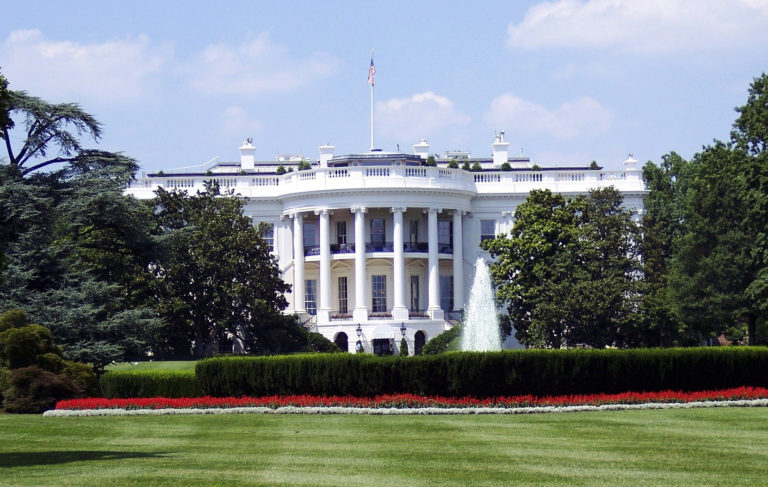United States starts the process of rejoining the Paris Agreement

Joe Biden has initiated the process of the United States rejoining the Paris Agreement, shortly after his inauguration as President yesterday (21 January).
The White House released a short statement by President Biden, accepting “every article and clause” of the Agreement. It also deposited the necessary paperwork with the United Nations, indicating that the Agreement “shall enter into force for the United States of America on 19 February 2021 in accordance with article 21 (3) of the Agreement”.
President Biden indicated during his campaign for the White House that he would take this action on his first day in office. It reverses the withdrawal of the US from the Agreement that the Trump Administration had completed on 4 November 2020, the day after the presidential election. Mr Trump had cited bogus reasons to justify his opposition to the Agreement.
Some Republican politicians responded negatively to President Biden’s action. For instance, Senator Ted Cruz of Texas tweeted: “By rejoining the Paris Climate Agreement, President Biden indicates he’s more interested in the views of the citizens of Paris than in the jobs of the citizens of Pittsburgh. This agreement will do little to affect the climate and will harm the livelihoods of Americans.” In fact, rigorous analysis has shown that the Paris Agreement is in the economic interests of the US.
However, President Biden’s swift action was widely welcomed in the US and around the world. For instance, UK Cabinet member Alok Sharma, who will be President of the 26th session of the Conference of the Parties (COP26) to the United Nations Framework Convention on Climate Change in Glasgow between 1 and 12 November 2021, tweeted: “I am delighted that President Joe Biden will be rejoining the Paris Agreement. We are all responsible for safeguarding our planet for future generations. I look forward to working with our US partners on the road to COP26.”
Lord Stern of Brentford, the Chair of the Grantham Research Institute on Climate Change and the Environment, also welcomed the move: “President Biden’s executive action to rejoin the Paris Agreement signals his strong commitment to climate, which is at the heart of his strategy for investment, infrastructure and recovery in the US.”
John Kerry, who President Biden has appointed as Special Presidential Envoy for Climate, tweeted that re-joining the Agreement was “setting a floor, not a ceiling, for our climate leadership”.
Once the process is complete, the United States is expected to submit a revised ‘nationally determined contribution’ (NDC) to the Agreement, as all countries are required to ahead of COP26.
The intended nationally determined contribution that was submitted by the Obama Administration in 2015 ahead of the United Nations climate change summit in Paris (COP21) included a commitment for the US to “achieve an economy-wide target of reducing its greenhouse gas emissions by 26–28 per cent below its 2005 level in 2025 and to make best efforts to reduce its emissions by 28%”.
The latest figures show that emissions by the US were 9.7 per cent lower in 2018 compared with 2005.
Mr Biden did not make a specific campaign pledge on emissions for 2025, but did commit to “ensure the U.S. achieves a 100% clean energy economy and net-zero emissions no later than 2050”.
President Biden also signed on his first afternoon in office an Executive Order on Protecting Public Health and the Environment and Restoring Science to Tackle the Climate Crisis. The Order includes a review of several policies introduced by the Trump Administration which undermined efforts to tackle climate change, the revocation of the licence for the Keystone XL Pipeline, an immediate moratorium on oil and gas drilling in the Arctic National Wildlife Refuge, and the establishment of an interagency working group to estimate the social cost of carbon to inform policymaking.
A key issue for President Biden is how to promote climate change action while also managing the economic recovery from the COVID-19 pandemic. He has pledged to “build back better” and his campaign included a “plan to build a modern, sustainable infrastructure and an equitable clean energy future”.
The coordination of international efforts on the economic recovery and climate action are, according to media reports, key themes that UK Prime Minister Boris Johnson plans to have on the agenda for a virtual summit of G7 leaders in February 2021 and an in-person summit between 11 and 13 June at Carbis Bay, Cornwall.

